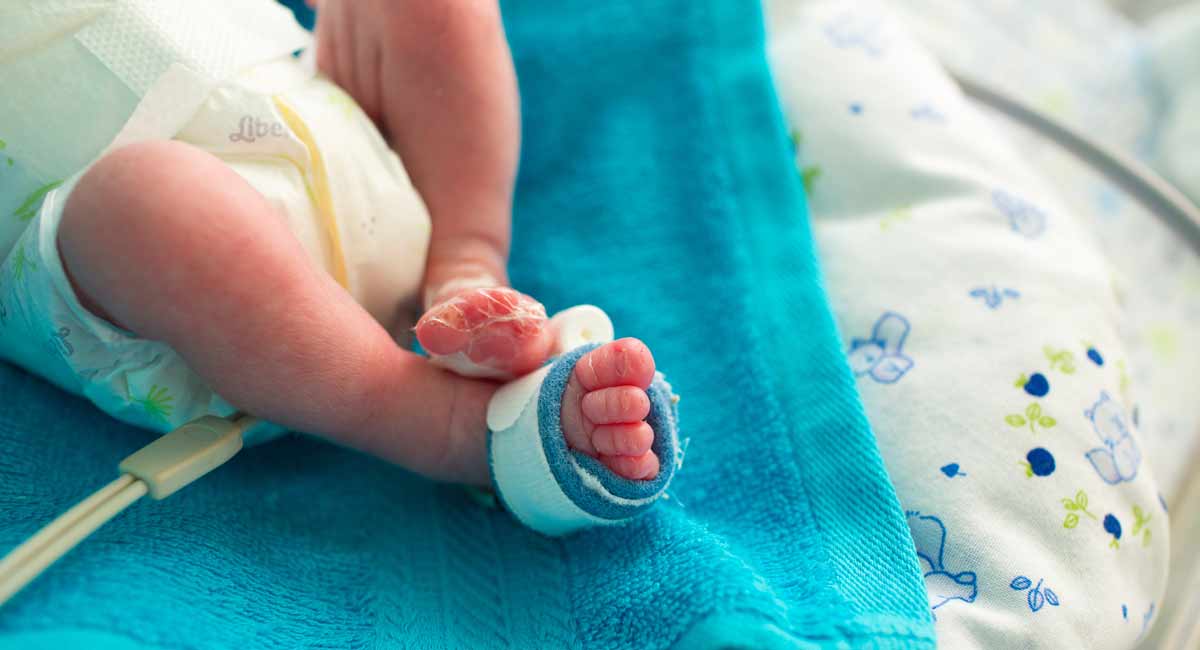The Michigan House Democratic Caucus, along with Gov. Gretchen Whitmer, introduced the Reproductive Health Care Act in late October in an attempt to remove all restrictions on abortion in the state, including parental consent and the ban on telemed abortions. Abortion is currently legal up to 24 weeks in Michigan.
In addition to repealing the parental consent law and the ban on telemed abortions, the act would repeal a 1931 law that prohibits doctors from committing abortions. A law that would stand if Roe v. Wade is overturned. It would also repeal the regulation that requires abortion facilities to operate under the same rules as other free-standing surgical centers, remove the 24-hour waiting period for an abortion, and remove rules in place to prevent abortion centers from receiving state and federal funding. Abortion would be legal after viability in cases in which the mother’s life or health was said to be at risk. As defined in the U.S. Supreme Court case Doe v. Bolton, Roe v. Wade’s partner decision, “health” may include emotional, familial, and even financial health.
“It’s no surprise that Gov. Gretchen Whitmer wants to follow New York’s lead and allow unlimited abortion-on-demand in Michigan,” Barbara Listing, president of Right to Life of Michigan told the Detroit Free Press. “We know most Michiganders do not support secret teen abortions, unregulated medical facilities, or abortions up to the point of birth.”
The dangers of the Reproductive Health Act are staggering. Teens, who aren’t allowed to take Tylenol at school without the permission of their parents, would be allowed to undergo a major and risky procedure without their parents’ knowledge. If that teen were to be injured, as is a major concern with abortion procedures, and became sick at home, her parents would be unaware of the abortion and therefore unable to communicate it to the teens’ doctors. Parental consent laws also help sex offenders take underage victims to abortion facilities for abortions, allowing the abuse to continue.
In addition, removing the regulations put in place to ensure abortion facilities follow the same rules as all other free-standing surgical centers opens the door for abortionists like Kermit Gosnell — whose facility went uninspected for years, leaving children to be aborted alive and have their spinal cords “snipped,” and leaving women to die.
Allowing women to undergo chemical abortions (abortion pill) without actually meeting with a doctor is extremely dangerous. The abortion pill carries side effects which include failed abortion, infection, and — for some women — death. It also should not be taken after 70 days gestation, which makes it important for a doctor to determine how far the pregnancy has progressed.
READ: Michigan governor vetoes funding of pro-life resources for women
As explained by attorney Rebecca Kiessling to Fox 2 Detroit, the bill allows for non-physicians to commit abortions. She also pointed out that the act removes the penalty for abortionists who kill the mother during an abortion.
The Reproductive Health Care Act also seeks to decriminalize the ban on partial-birth abortion, in which the preborn child is partially delivered in the breech position before being killed by the removal of his or her brain. Erin Mersino, attorney for the Great Lakes Justice Center, a pro-life group, explained to Fox 2 Detroit that partial-birth abortion is very “unpopular” and the majority of Americans are against partial-birth abortions.
And finally, abortion is never necessary to save the health or life of the mother. What may be necessary is to end the pregnancy, but that doesn’t mean the baby must be killed. If the child is delivered prematurely and is too young to survive despite attempts made to save the baby, this is not an abortion. Additionally, if the child is viable — 21 to 22 weeks gestation and older — the doctor can perform an emergency C-section and attempt to save both mother and child. In fact, an emergency C-section takes minutes while a late-term baby can take days.
The Reproductive Health Care Act is not expected to pass the Legislature which is currently controlled by pro-life Republicans. According to the Detroit Free Press, many portions of the bill would actually require a two-thirds majority because they seek to repeal voter-approved initiatives and constitutional amendments.
“Like” Live Action News on Facebook for more pro-life news and commentary!







